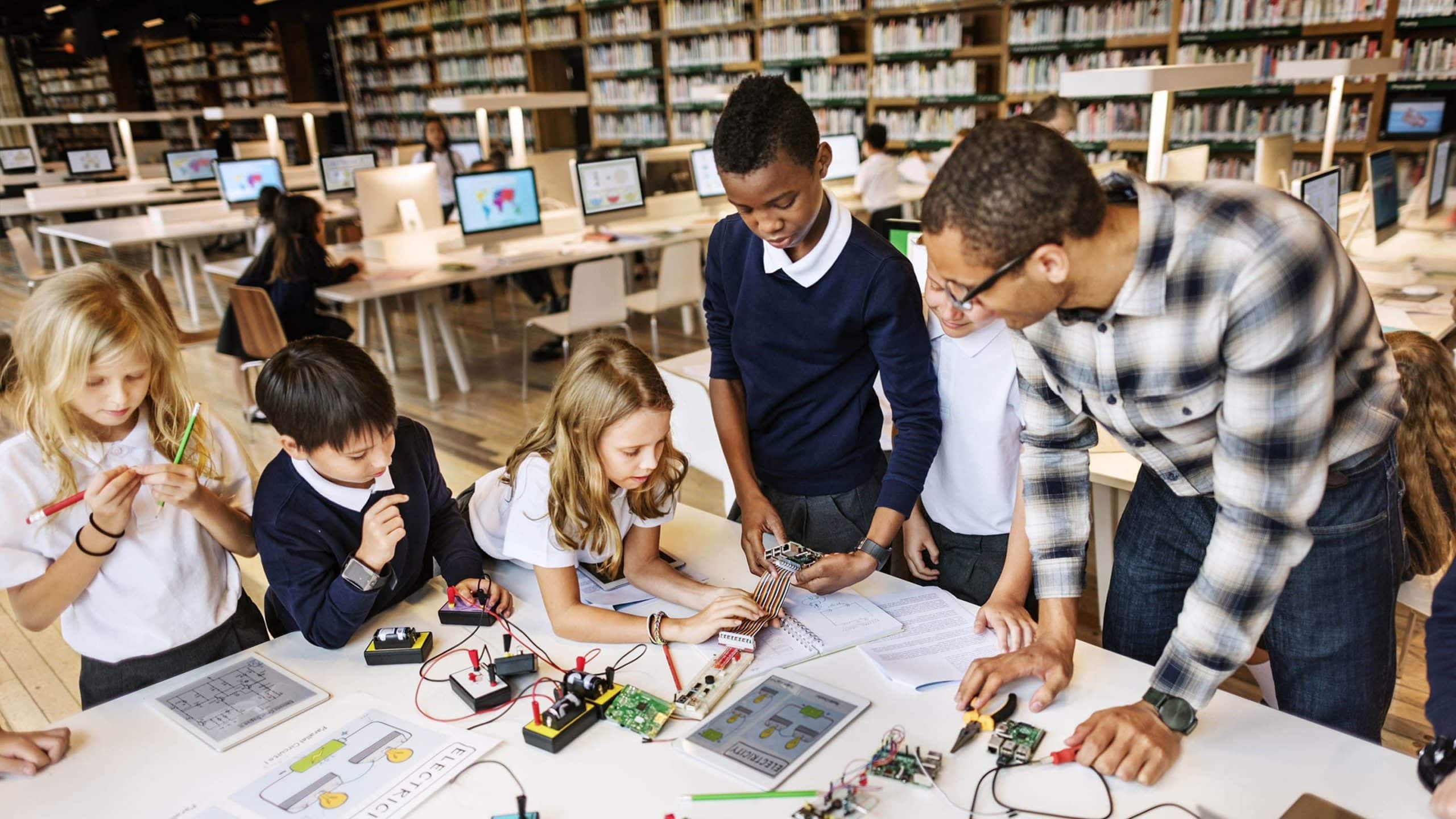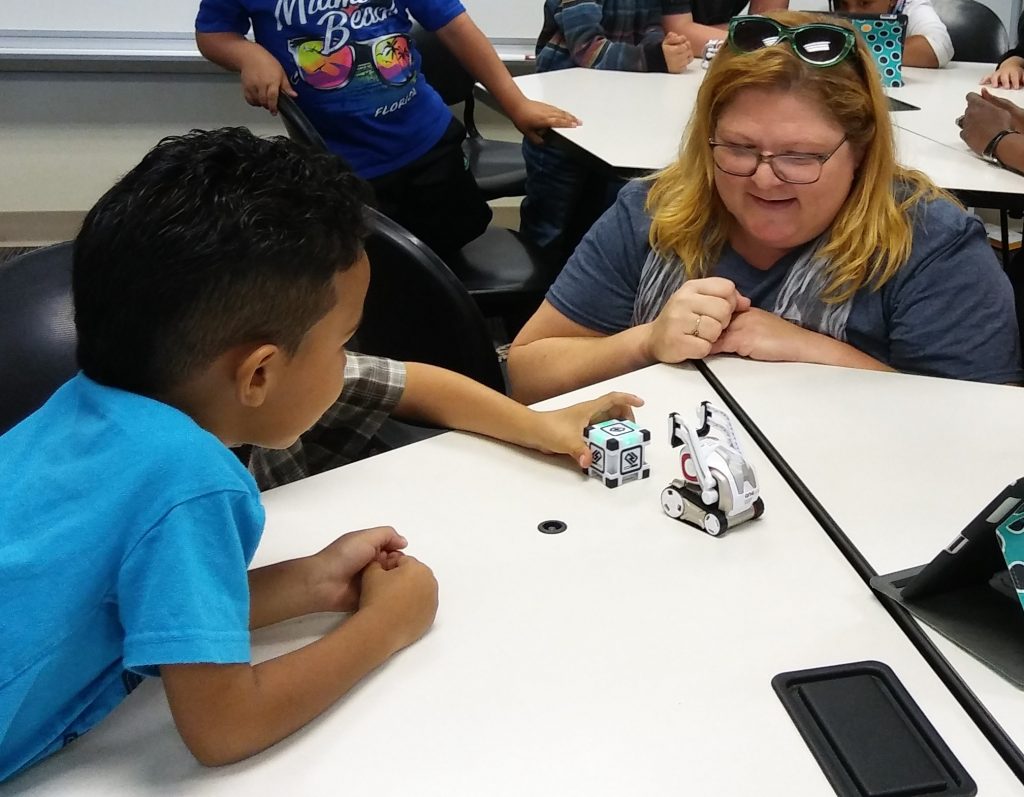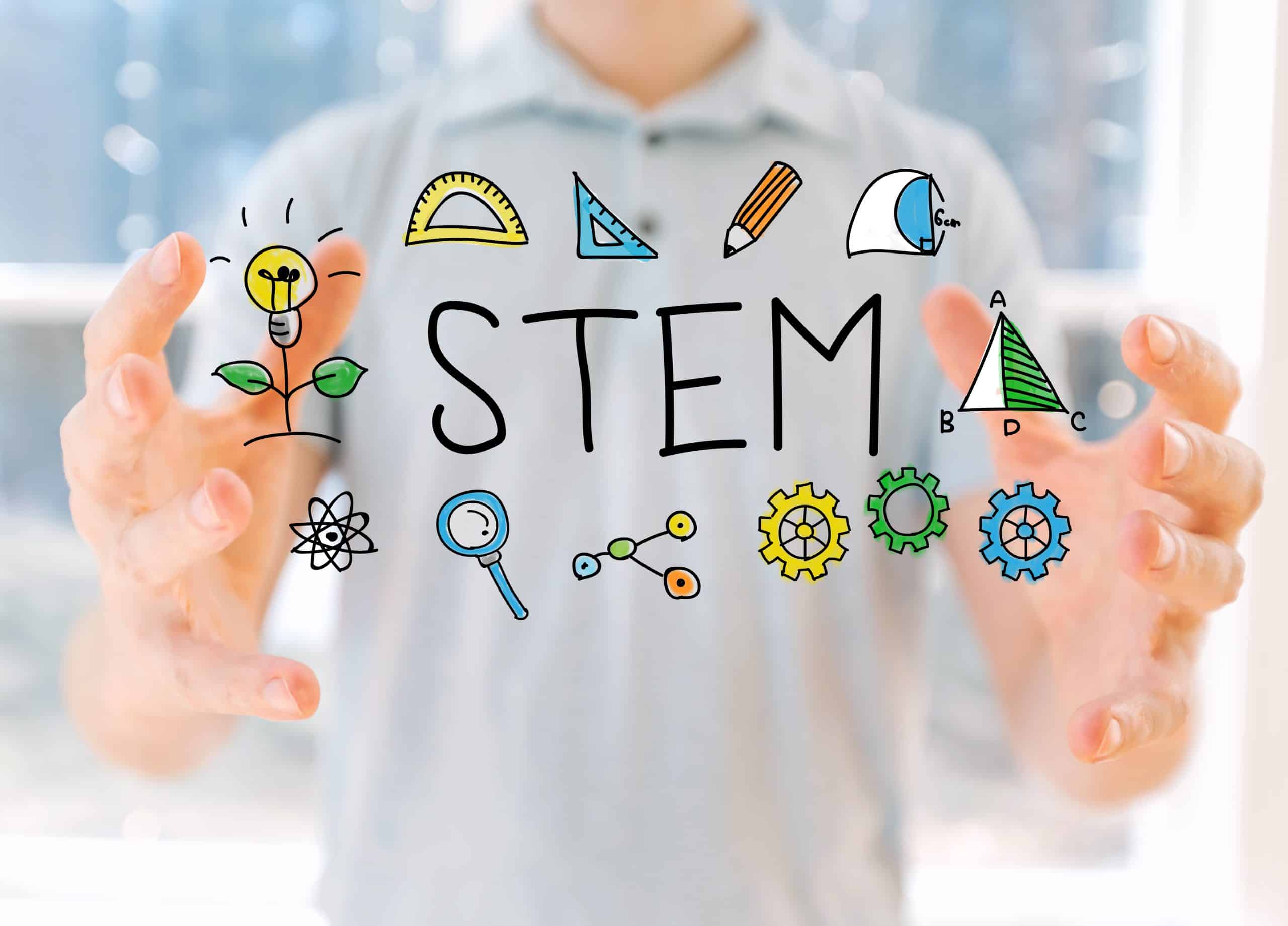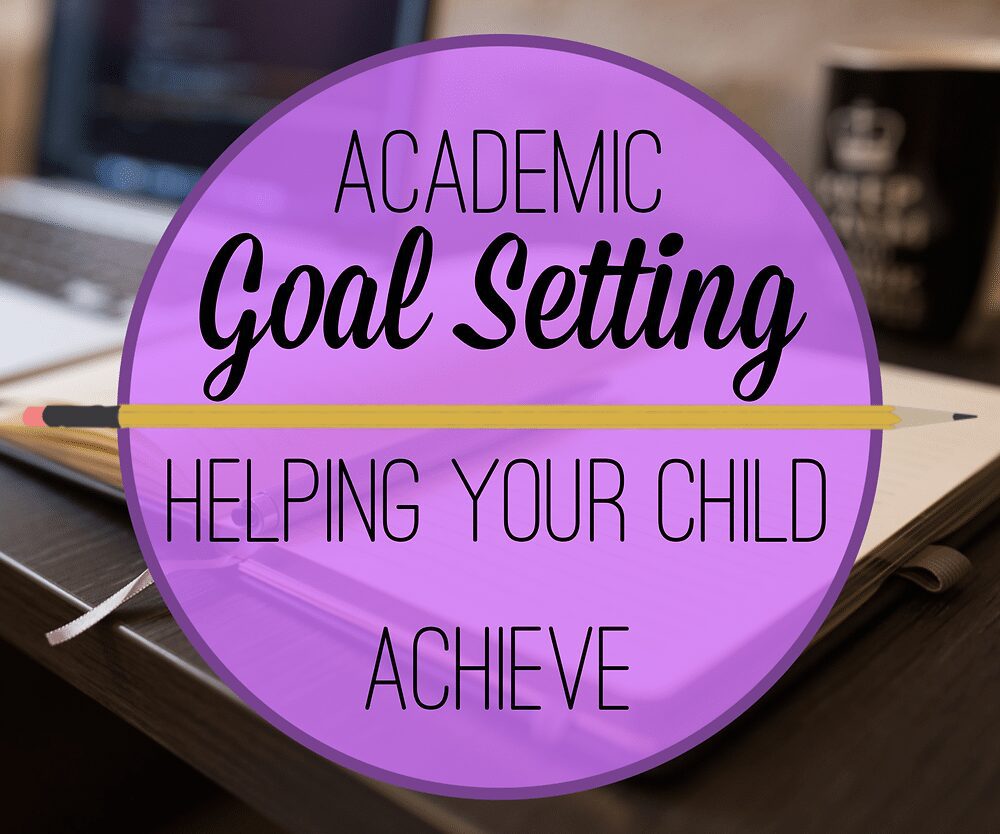Teachers can utilise social and emotional learning frameworks to help students address ethical issues surrounding new technology.
Because we are bound by our subjects’ certainty and a battery of standardised tests, STEM instructors often reject everything that cannot be proven. As educators, we must not hide behind our content and avoid the thorny technological-ethical issues that arise from that content. Likewise, we want our future leaders and innovators to select wisely for all of us.
SEL SCAFFOLDING ETHICS
Many people mix up ethics and morality. However, the latter would entail imposing a particular value system on students—what is right and bad. The former helps students clarify and express their principles in situations that allow for diverse perspectives and actions.

Social and emotional learning (SEL) allows students to exercise ethical thinking and decision-making in a setting that compliments STEM knowledge. SEL theories vary, but all promote autonomy, agency, cognitive and emotional regulation, social skills and relationships, and civic spirit. Ethics can be addressed effortlessly alongside rigorous content knowledge.
IMPROVE STUDENT AUTHORITY
SEL teaches children that they are unique, sovereign persons who can make choices that affect their lives. Thus, Project-based learning (PBL) targets this SEL ability directly by offering students a voice and choice within collaborative teams.
Instead of “How can we build an AI application?” ask “How can we build an AI application that benefits humans?” This encourages students to examine the ethical aspects of their work and to express their opinions.
EMOTIONAL AND COGNITIVE REGULATION
This skill prepares pupils to be better students, coworkers and friends. When questioned on their beliefs, students can learn to formulate their arguments coherently and respond appropriately in a dialogue that allows many perspectives.
However, debates concerning the ethics of technology can be held in any class, PBL or not. These topics are relevant and full of ethical dilemmas that students can investigate while monitoring and controlling their logical thinking and emotional responses, as well as clarifying their personal values.

Teacher temperament and teaching style should be taken into consideration when current events are brought up in the classroom. So, from movies to podcasts to news articles, you may discover interesting argument subjects online. Discussions can take place in real time or asynchronously via digital technology.
Students can comment privately in journals or openly in class. Discussions might be informal or moderated. Regardless of their perspective, kids benefit from thinking about their values and expressing them respectfully in a classroom community marketplace of ideas.
IMPROVING SOCIAL SKILLS
To contribute to a varied community, students must build meaningful relationships with others. PBL’s collaborative team structure is ideal for students to practise their interpersonal skills. Participating in group discussions helps children learn to communicate, make decisions, resolve conflicts and express thanks.

Students can develop self-control, emotional management, social and interpersonal skills through PBL classes or current events discussions concentrating on tech ethics. Students develop SEL skills and clarify their ethical views in a pluralistic atmosphere.
LIFT PUBLIC SPIRIT
We need community. Social and emotional development of future leaders requires teaching children to care for and engage in their communities. They foster a sense of community. In the same way, that’s where PBL modules and current events discussions may help.
Assisting with difficulties and suggesting solutions directly affects their neighbours, from their families to the school bus driver or restaurant server.
Humanity faces a choice. From pandemics to AI, our challenges threaten our species’ survival. The solutions will be technological, but also ethical, and will require global cooperation. To assure a good future for the next generation, we must educate them in science, interpersonal skills, and ethics. STEM teachers can help students develop these traits.








